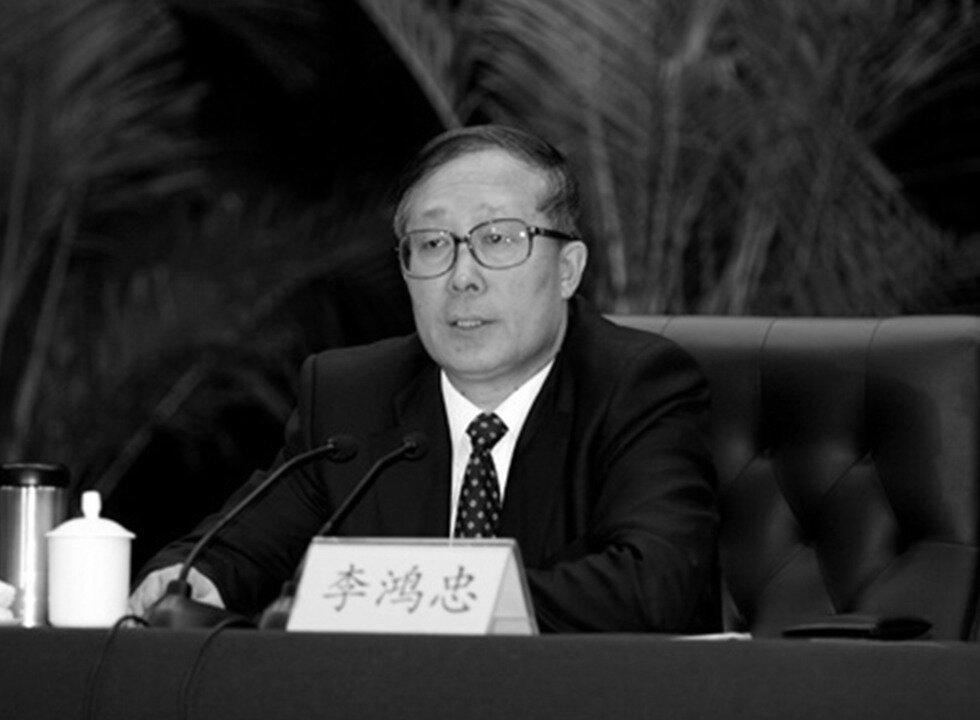News analysis
China’s leader Xi Jinping may have recently promoted Li Hongzhong to the office of Tianjin’s Communist Party secretary, but he may not be entirely swayed by Li’s great spectacle in declaring his loyalty.
Tianjin, an important port city near Beijing that is directly administered by the central government, is a vital base in Chinese regime politics. Those assigned as Party secretaries here are virtually shoo-ins for a spot in the 25-man Politburo.
Sing Pao Daily, the pro-Beijing Hong Kong newspaper that has since August appeared to express the thinking of the Xi Jinping leadership, has accused Li Hongzhong of being a “political chameleon,” and claims that he remains in the same “cliques and cabals” as Politburo Standing Committee members Zhang Dejiang and Liu Yunshan.
Zhang and Liu are known political clients of Jiang Zemin—the ex-Party leader whose informal factional network is on the chopping block in Xi’s anti-corruption campaign.
Earlier this year, Li Hongzhong was one of the first high-ranking cadres to suggest that Xi be awarded the title of “core” in the Communist Party, a step that indeed came to pass in late October. And at a recent meeting, Li declared that disloyal officials deserve a “sword to the throat.”
But prior to Xi coming to power in 2012, Li was active in various provincial leadership positions in Hubei and is believed to have ascended by aligning himself with Jiang Zemin.
Why Li Hongzhong?
One way to read Li’s appointment as Tianjin chief is pure practicality on the part of Xi. Unlike Jiang, Xi doesn’t have a political faction (why haven’t we heard of a “Zhejiang clique” until very recently?), and hence cannot possibly fill up all top positions with political cronies. Xi is thus forced by circumstances to promote those who at least appear outwardly loyal to him; in that case, the Sing Pao article attacking Li is more of an “I’ve got your number” cautioning, rather than a sign that Li is headed for trouble.
A more awkward—but not less likely—reading suggests that despite being “core” leader, Xi Jinping still doesn’t have enough power to completely disregard the Jiang faction, and appoint whomsoever he pleases to key positions. In other words, Li Hongzhong making Tianjin chief was the outcome of political bargaining.
Under this scenario, Xi will almost certainly be forced to allow one or two Jiang allies spots in the seven-men Politburo Standing Committee (there are three in the current line up) because while he is in ascendancy, he cannot dominate the Jiang faction. The struggle between the camp of Xi and the Jiang faction could thus persist past the 19th National Congress in 2017.
Regardless of how things might play out, there will likely be “swords to the throat” in the coming months.
And Li Hongzhong the turncoat must be praying that his head won’t part ways with his neck.




